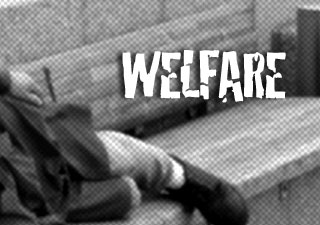句子:他隨時準(zhǔn)備為公益而犧牲個人利益。
誤譯:He is always ready to sacrifice his personal interest for public good.
正譯:He is always ready to sacrifice his personal interest for public welfare.
解釋:作為名詞,good 有兩個意思:一是好處、益處、利益;二是商品、產(chǎn)品等。public good 不是“公共利益”。public good 與 private good 相對立,前者是“公共物品”,后者是“私人物品”。如:
公共物品的最佳實例之一是國防。

One of the best examples of a public good is national defense.
“公益”的意思是“公共利益,多指衛(wèi)生、救濟、慈善等群眾福利事業(yè)”。可譯為 public welfare, public benefit, public interest, general welfare, common well-being, commonweal。如:
這位慈善家每年都籌集固定數(shù)額的基金用于公益。
The philanthropist annually raises a fixed amount of fund for public welfare.
“公益事業(yè)”可譯為public service, public welfare undertaking。如:
姚明還投身慈善工作和公益事業(yè),成為一個著名的體育明星。
Yao Ming has also thrown himself into charity work and public service, and become a famous sports celebrity.
“公益廣告”可譯為 public service advertisement, public welfare ad。如:
廣告可以分為商業(yè)廣告和公益廣告。
Advertisements can be divided into commercial advertisements and public service advertisements.
“有公益精神的”或“熱心公益的”可譯為 public-spirited。如:
她是一個熱心公益的人,急切糾正那些我們都看得見但是容易忽視的錯誤行為。
She is a public-spirited person who is eager to correct the wrongs that we all see but we easily overlook.
相關(guān)閱讀
(來源;新浪教育 作者:王逢鑫 編輯:崔旭燕)
